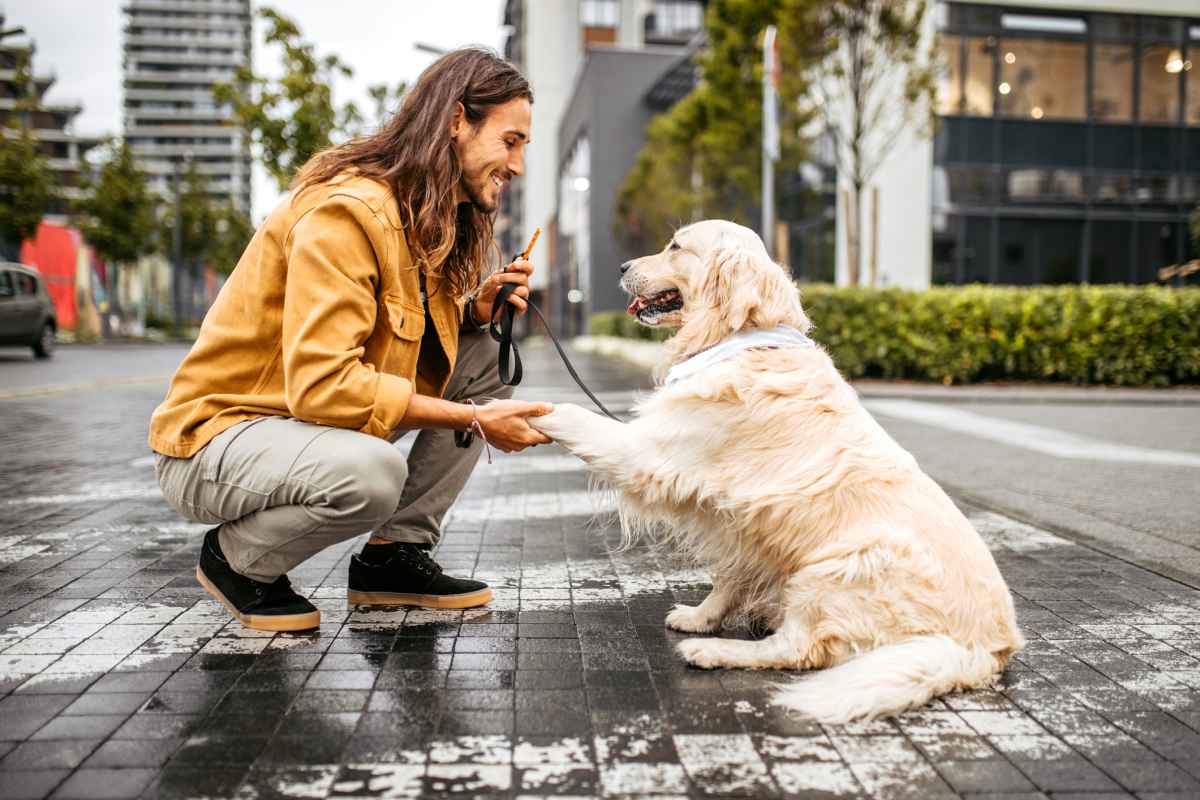Can dogs really 'sense' nice humans? New research answers long-debated question

The common belief that dogs can judge human character based on generosity has been going around for a while, but while there were numerous studies with mixed results, one recent study cleared the doubt about whether dogs can form moral judgments or not. And, the result shows that these canines are not capable of it. Despite your pet occasionally inclining more towards an old lady who is smiling at it, or a man crossing by with a scowl on his face, it doesn't imply that your dog can judge their character.

A recent study by the researchers at the Konrad Lorenz Institute of Ethology, University of Veterinary Medicine Vienna, proved the said result. The researchers used a controlled feeding experiment to test how 40 dogs of varying ages (young, adult, and senior) responded to humans who either acted kindly or unkindly, both towards the dogs themselves and towards another dog. This was done to see if age or life experience affects a dog’s ability to socially evaluate people.

In the experiment, dogs first watched two humans interact with another dog. One human fed the dog (the “nice” person), while the other withheld food (the “nasty” person). Later, the same dogs were given a chance to interact directly with both humans. Researchers observed which human the dogs approached first and how much time they spent showing friendly behaviors like staying close or jumping up. As explained by Hoi-Lam Jim, the study’s first author, "The results showed that dogs of all ages did not significantly favor the nice partner over the nasty partner. Their behavior was also not above chance level, whether after observing the interactions or experiencing it directly."

While some other animals, like chimpanzees, can form reputations based on their observation, this study suggests dogs may not have the same ability. "These findings add to the growing literature suggesting that social evaluation is a challenge for animals,'" said senior author Sarah Marshall-Pescini. She opined that further research comparing dogs of different backgrounds and life experiences, such as working or free-ranging dogs, is required. The study also highlights the importance of improving research methods to better understand what dogs are truly capable of in terms of social and moral understanding.
While another study emphasizes that dogs can read our emotions, gestures, and actions to form strong bonds with us, the above paper suggests they can't necessarily judge a person's character based on their 'nice' and 'mean' behavior towards the subject or anyone else in their surroundings. This paper suggests that dogs have acquired "complex competencies" and have grown to understand human social cues through "evolutionary history and domestication of the species." Another paper suggests that we might assume dog have social cognition, due to 3 major reasons: a) "they originate from wolves, a species that forms stable social bands and engages in co-operative behaviour such as hunting (Mech, 1970, Frank, 1980)," b) some of them could have been "selected for such abilities during domestication and breed selection (Coppinger and Coppinger, 2001)," and c) living in a human "social" environment.